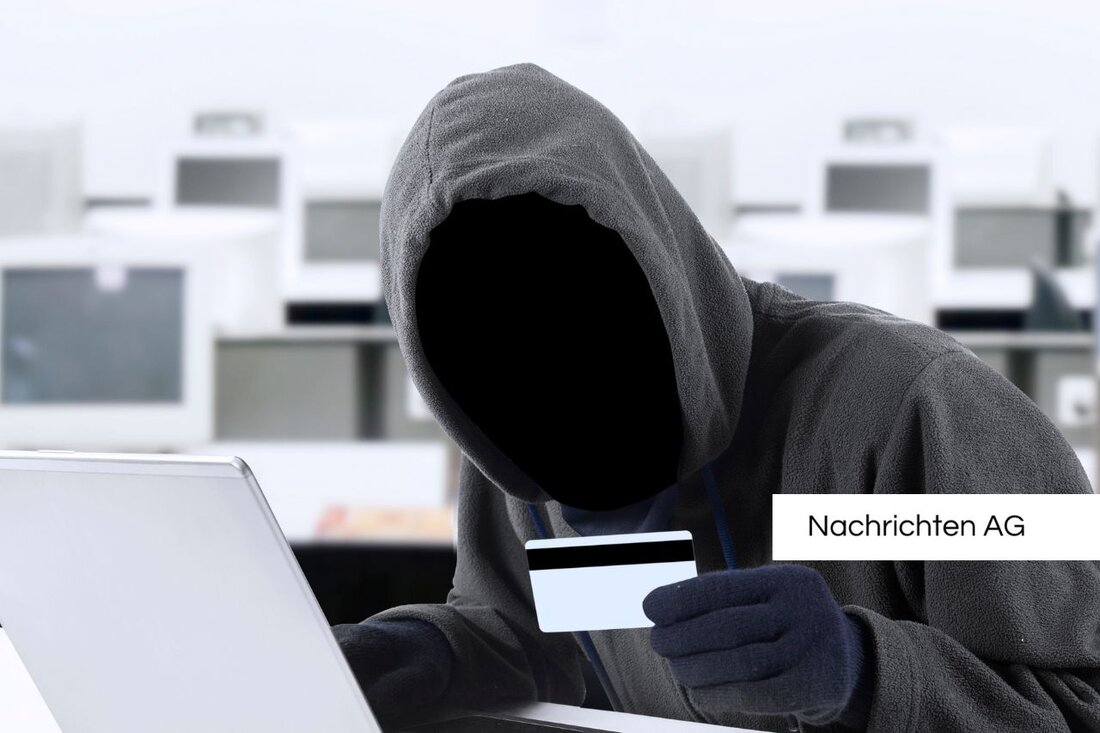Matura scandal in Wieselburg: Students use ChatGPT for the test!
Students at HBLFA Wieselburg are suspected of using ChatGPT after their Matura exams. Identify those responsible for education.

Matura scandal in Wieselburg: Students use ChatGPT for the test!
On May 7, 2025, an incident occurred at the HBLFA Francisco Josephinum in Wieselburg, Scheibbs district, Lower Austria, which brought the exam culture in schools into focus. In a German Matura in which 26 students took part, a significant part of the examination staff is said to have gained access to the Internet during the examination. Loud 5min One student was even caught using ChatGPT to support his exam paper.
The reactions to this incident are varied. The Ministry of Education has confirmed the circumvention of the testing situation, despite the monitored framework. A spokesman said that the affected laptops were sent to the ministry for analysis. However, it remains unclear whether there was actually an attempt at deception, which is why the presumption of innocence applies. The student who used ChatGPT will now have to take the exam again in the fall, while the other students are unlikely to face any further consequences.
Scope of incidents
To prevent such incidents, the school plans to increase monitoring of exam candidates' screens by proctors. In addition, the affected laptops will be checked to ensure that future tests can be carried out within an appropriate framework.
Digital education and social inequality
The incident at HBLFA Francisco Josephinum also raises larger questions about digital literacy and justice. During the COVID-19 pandemic, significant differences have been observed in the digital participation and learning opportunities of students from different social backgrounds. The dossier from the Federal Agency for Civic Education shows that the role of the parental home and access to technical resources are crucial for educational success, especially in times of school closures. Over 66% of primary school teachers feared that these social inequalities would worsen, which was significantly reinforced by the digital challenges during the pandemic.
A study showed that German students were in the middle in an international comparison and a third did not have the necessary digital skills. Access to digital media was highly dependent on students' social backgrounds, meaning that students from families with high cultural capital tended to be better off, while children from less advantaged backgrounds were often disadvantaged. In order to reduce these inequalities, investments are necessary in digital education infrastructure and offerings that enable all students to benefit from the opportunities offered by digitalization.
Overall, the incident at HBLFA Francisco Josephinum is not only a case of possible academic fraud, but also highlights pressing issues of inequality and the handling of digital education in schools. How this incident will affect the future of exams and the use of digital tools remains to be seen.

 Suche
Suche
 Mein Konto
Mein Konto
